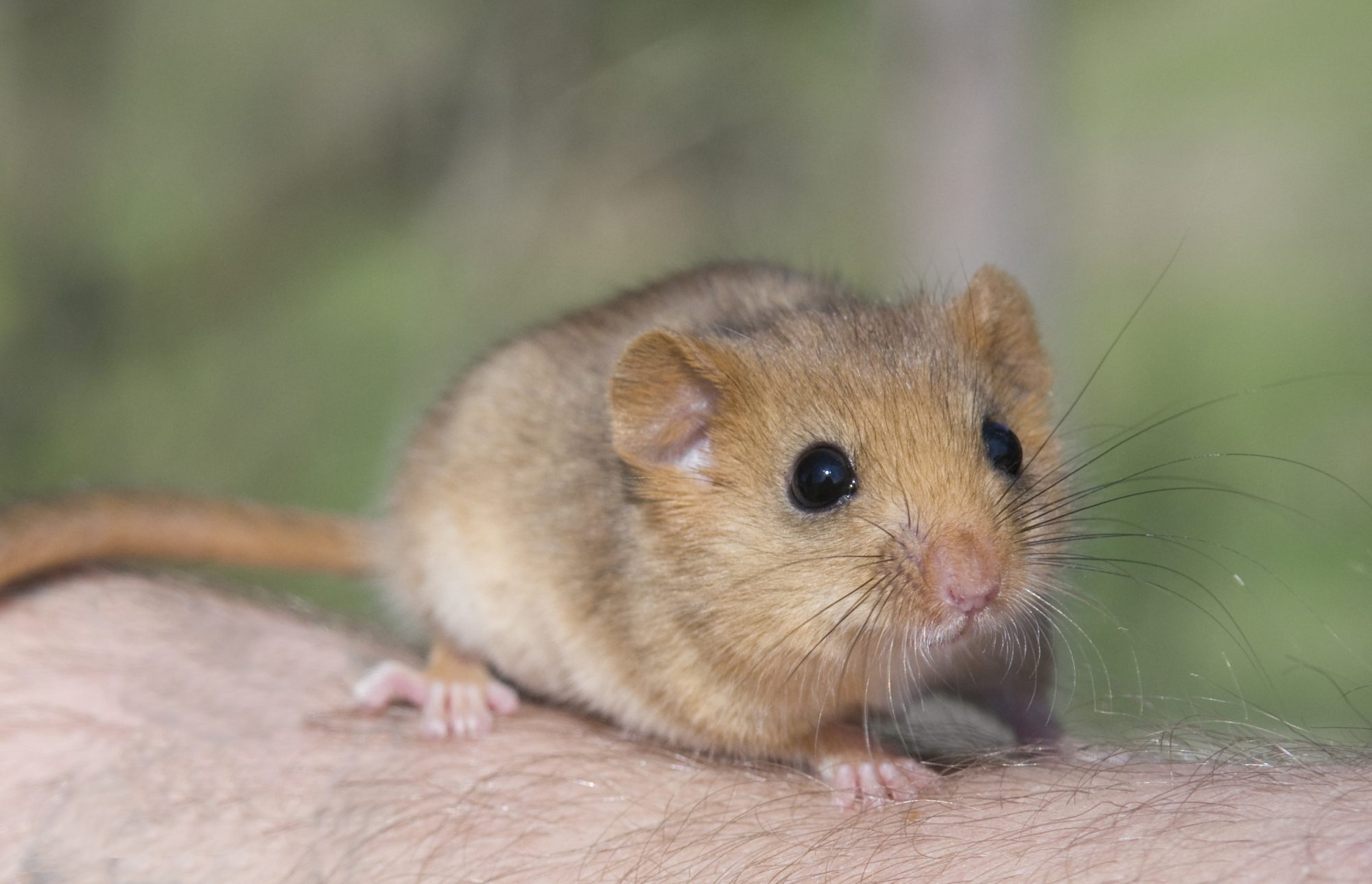Ecology Services In Hampshire
Ecology Services
We are a leading ecology consultancy practice with extensive years of experience in providing specialist advice and services to clients in both private and commercial sectors. Our experts have a particular focus on complex schemes and the challenges of development on designated sites. Working extensively across a broad range of applications, we offer expert and professional advice, guidance and services to enable your developments to meet current planning and legislative requirements.
Our Ecology Services
We advise and support developers and planners in relation to Biodiversity Net Gain (or BNG). To ensure all schemes are compliant, we encourage our clients to consider BNG early in the project process. It is important that we can demonstrate that the hierarchy of avoiding / mitigation/compensation has been followed. We work closely with lead consultants, engineers and landscape architects including other stakeholders to achieve the best habitat improvements on each scheme based on its own individual merits.
Preliminary Ecological Appraisals are utilised in the early stages of the planning and development process to gather information on the likely impact of development projects. The appraisal is primarily an evaluation of ecological features present on the site. This is supported by an assessment of notable species or habitats and the identification of potential constraints. The results are summarised with recommendations for appropriate mitigation.
Our team is experienced in the coordination and management of Ecological Impact Assessments (EIAs) undertaken to identify, quantify and evaluate the potential effects of proposed developments on habitats, species and ecosystems. Working closely with our clients on their projects, our experienced ecologists seek to find the balance between the delivery of development and the capacity of the surrounding environment.
Our experienced ecologists have extensive knowledge and an understanding of surveying techniques covering various UK habitats:
Phase 1 Habitat Survey (can also include an Extended Phase 1 Habitat Survey)
A standard field survey is used to provide an overview of semi-natural vegetation and other wildlife to provide a record of the current condition of a site and to provide an initial assessment of the potential for conservation. The extended survey follows the same principles as above but with additional techniques designed to provide further information on the habitat, such as its suitability for protected species.
Phase 2 Habitat Survey/National Vegetation Classification (NVC)
Phase 2 Habitat Surveys offer a more in-depth assessment of vegetation present on a site. The NVC system is recognised as the industry standard developed for nature conservation agencies and provides a comprehensive classification of plant types in the United Kingdom.
Hedgerows Surveys
A survey to assess the structure and biodiversity of hedgerows, and whether they should be classed as ‘important’ under the Hedgerows Regulations 1997.
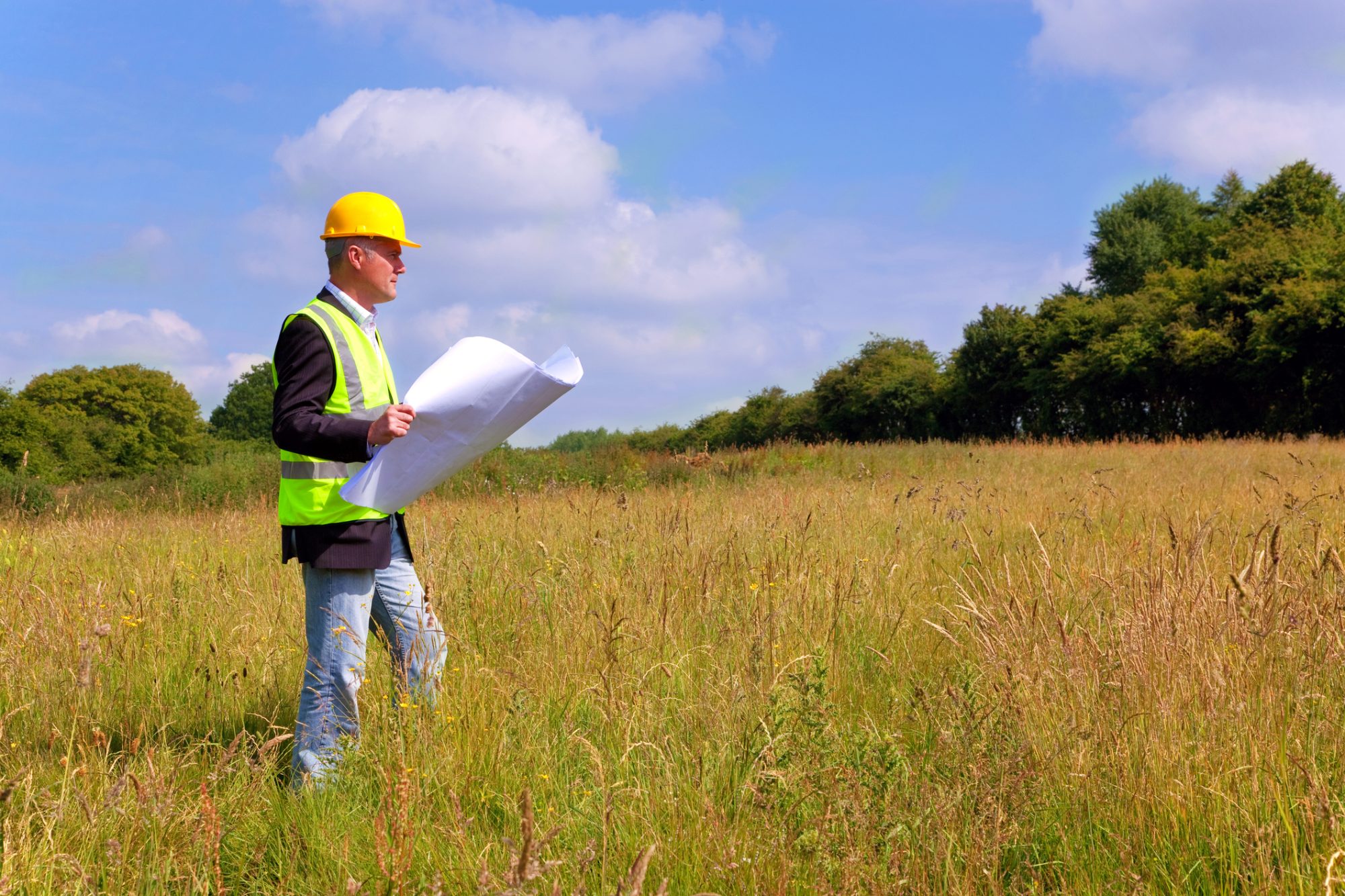
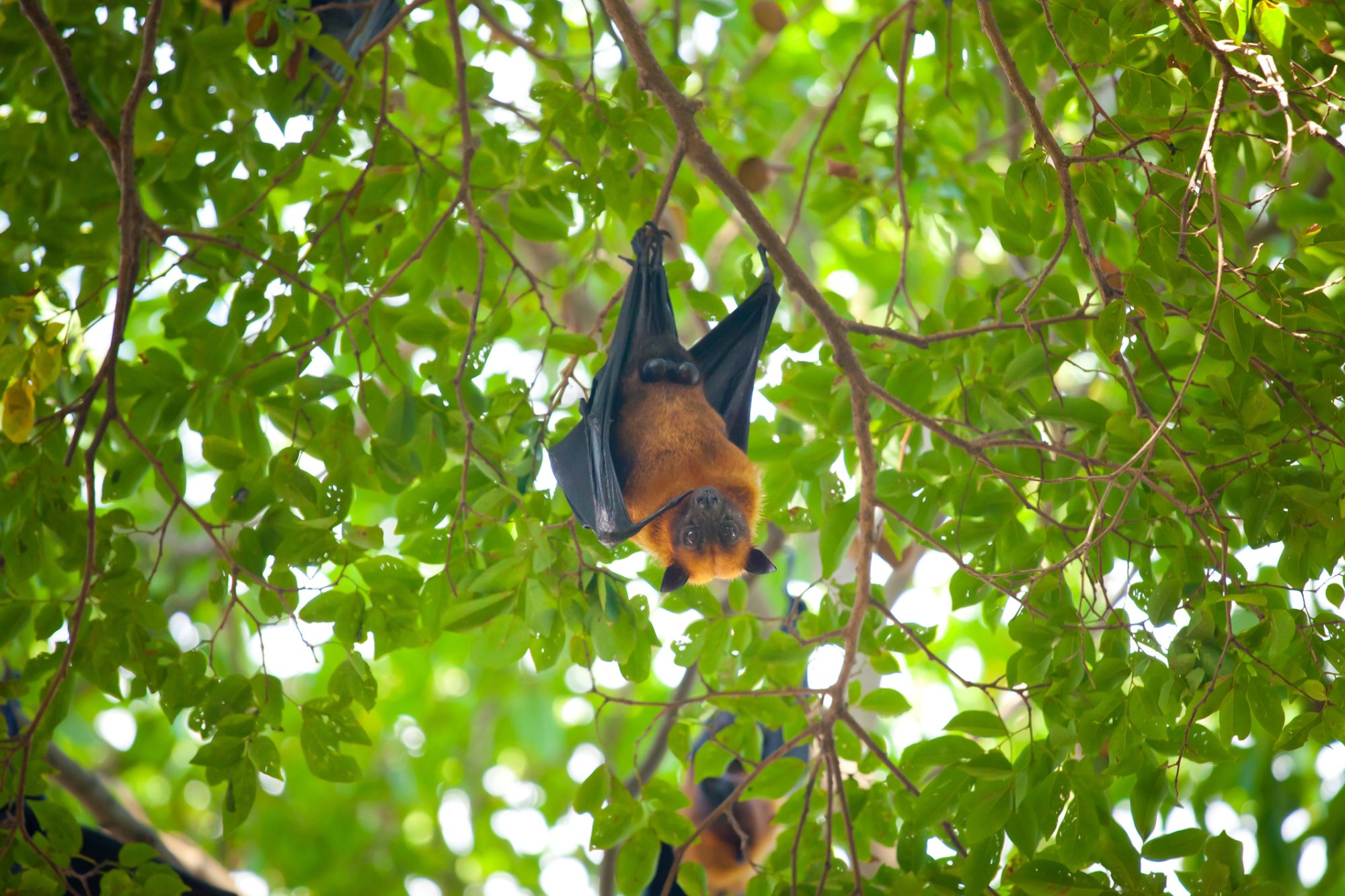
BATS
CLICK TO FIND OUT MORE
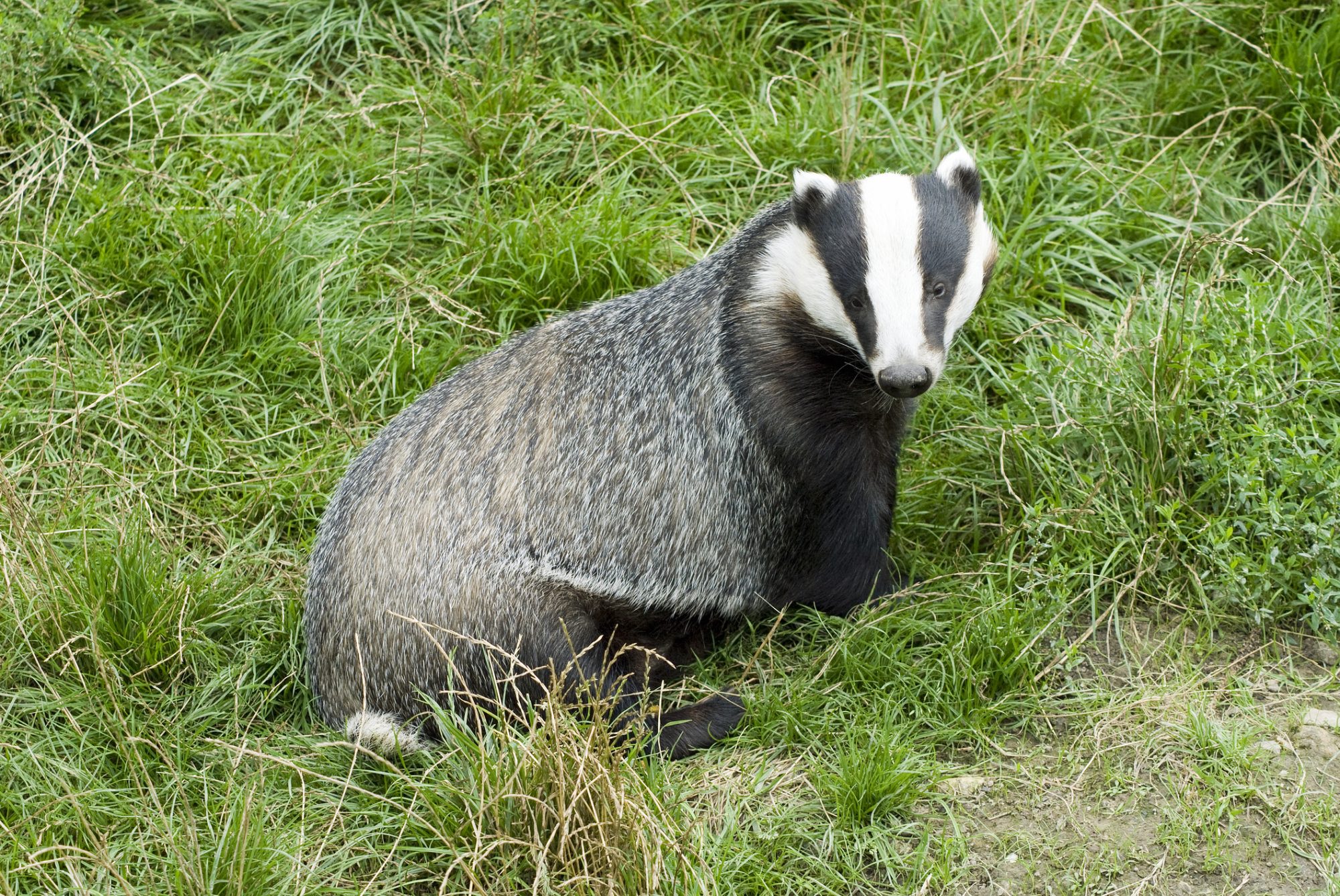
BADGERS
CLICK TO FIND OUT MORE
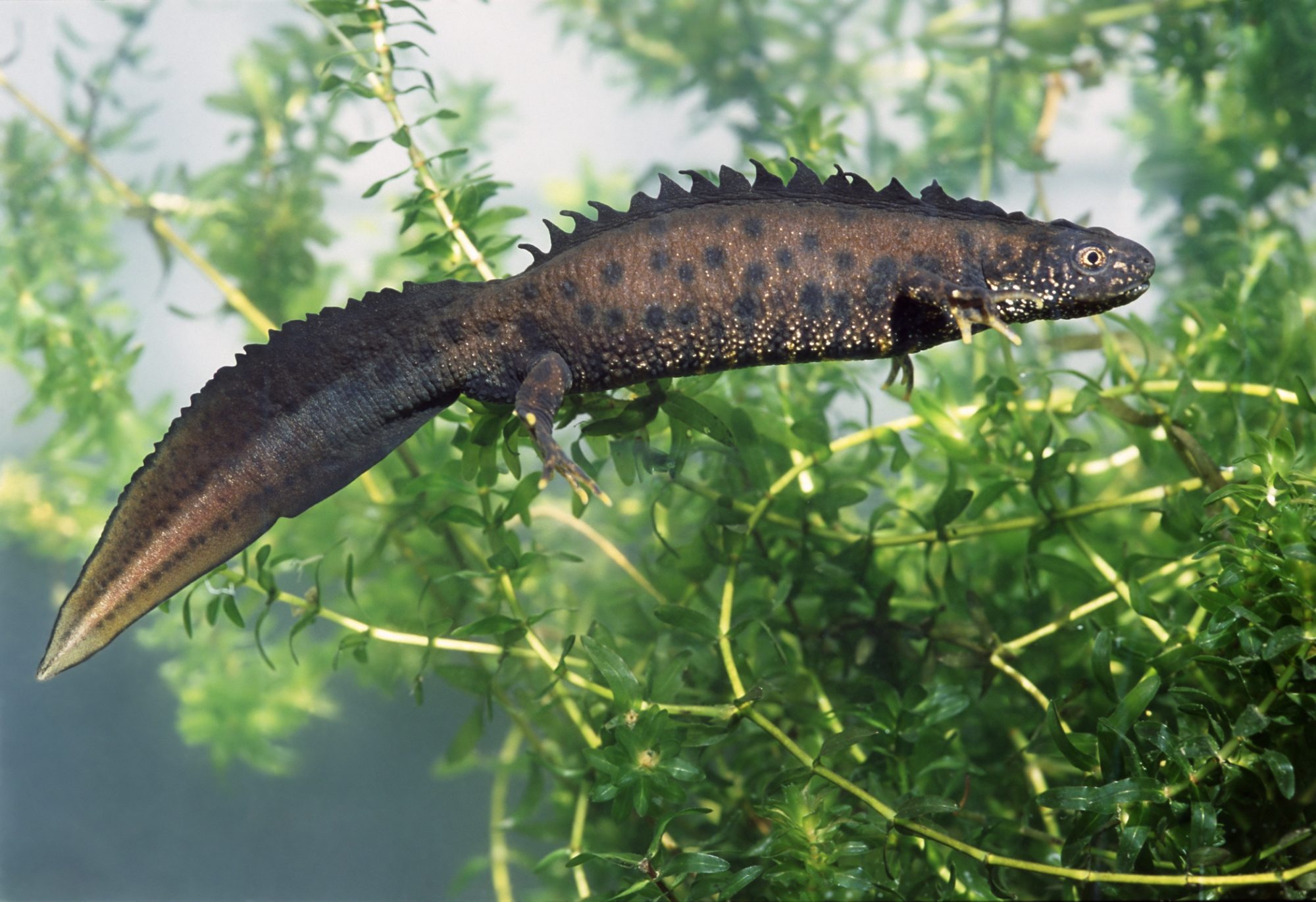
GREAT CRESTED NEWT
CLICK TO FIND OUT MORE
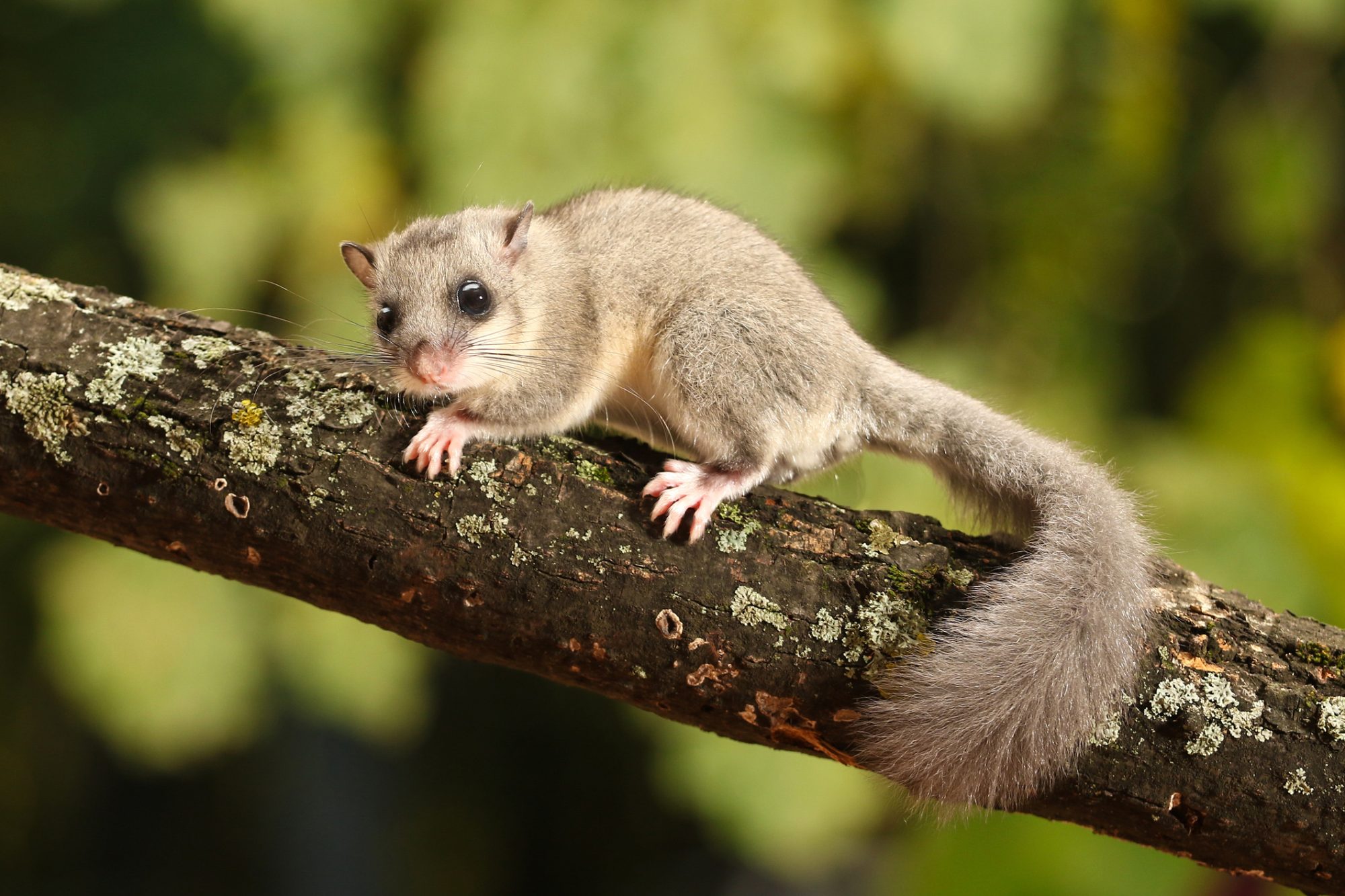
DORMICE
CLICK TO FIND OUT MORE
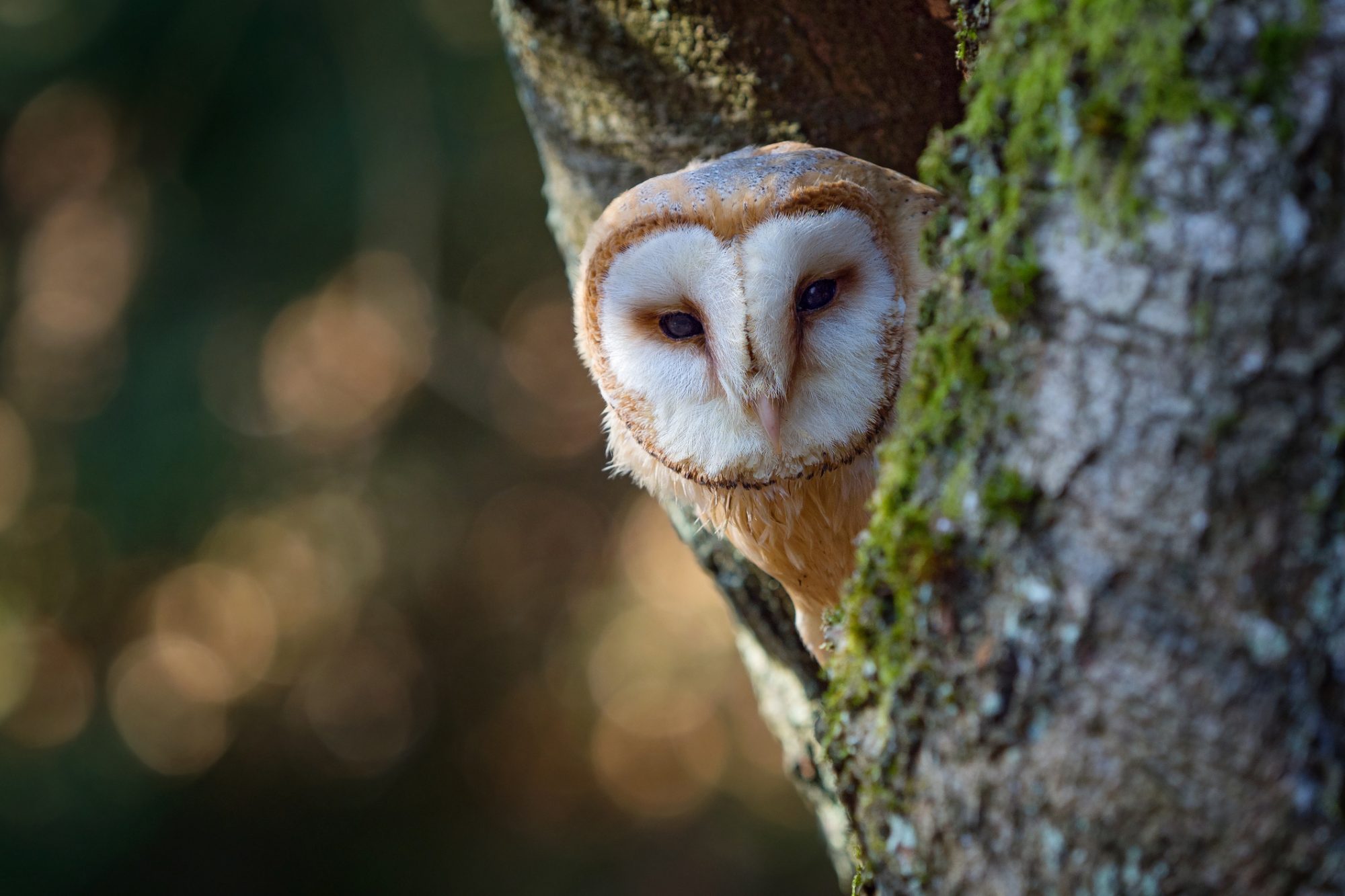
BIRDS
CLICK TO FIND OUT MORE
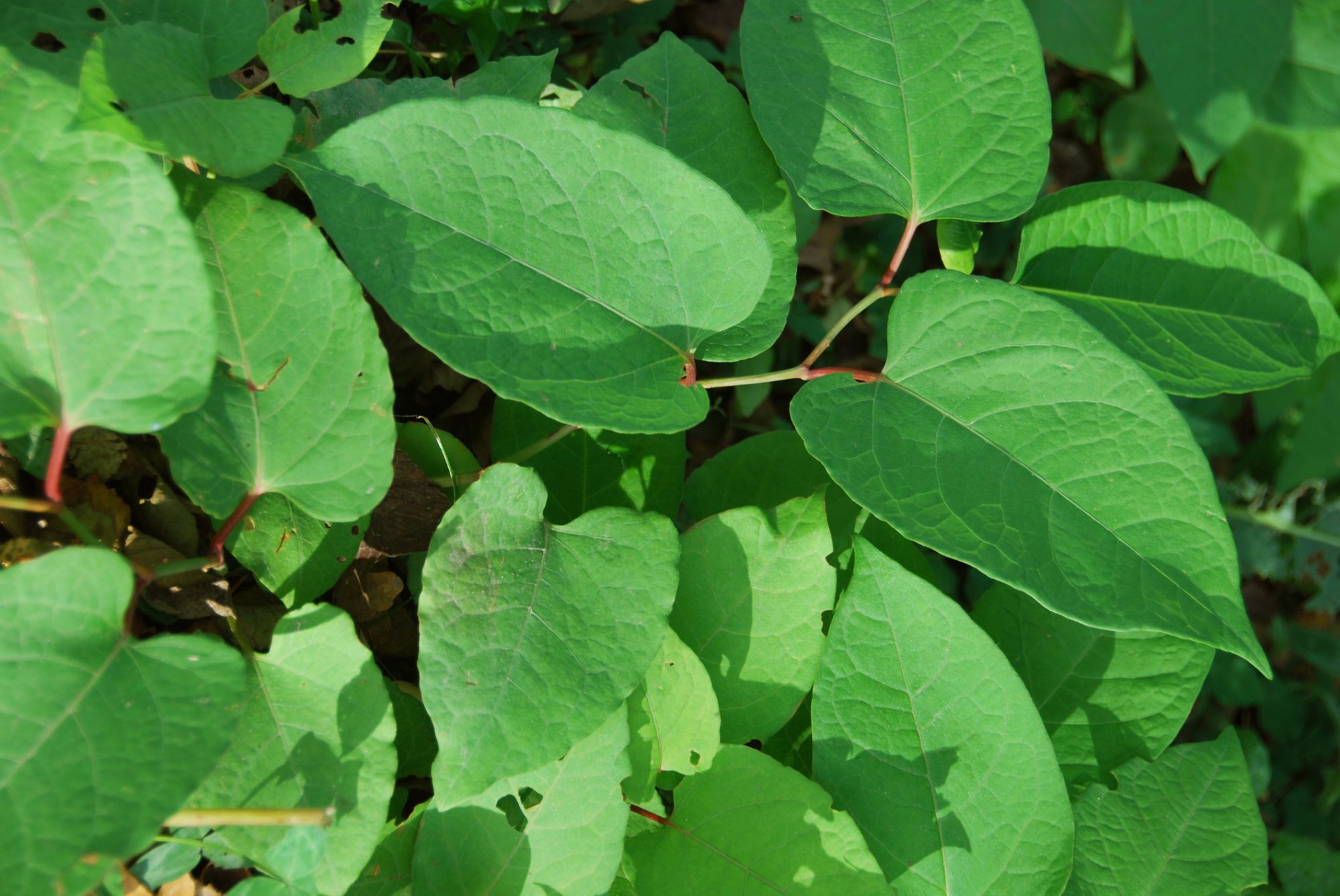
NON-NATIVE INVASIVE SPECIES
CLICK TO FIND OUT MORE
Our philosophy
We tell you what you can do;
We show how you can meet your objectives whilst giving proper regard to planning policy and wildlife legislation.
We are a client-focused business working professionally, and proactively with a personal approach as the core of our company values. Our clients are the most important thing to us so we try to build strong relationships. We have built our business on honesty and integrity, ensuring that client relationships last for many years. We actively seek opportunities for both clients and ecology.
SURVEY SCHEDULES
The active survey season for bats typically runs from April to October, though building and tree inspections can be carried out outside of this time; surveys for winter roosts are undertaken from November to March.
Surveys for Badgers can be undertaken year-round.
If a proposed development could have impacts on biodiversity, and the submission of further information is indicated by the response to this checklist, supporting information must be submitted with your application. As the Biodiversity Checklist states, if any of the information submitted proves to be inadequate, the application is likely to be refused. We can help you avoid these difficult situations by completing checklists on your behalf at highly competitive rates.
The survey season for Great Crested Newts runs from mid-March to mid-June. Traditional presence/absence and population size class surveys using torches and bottle traps may be undertaken during this time, with half of the survey effort required in the key period from mid-April to mid-May. Surveys for environmental DNA (eDNA), a more cost-effective approach to establishing presence/absence, are possible from mid-April to late June. Note that if presence is established by this method, in most cases Natural England will still require a full population size class assessment to support a license application.
Surveys for Dormice involve the use of nesting tubes and boxes, the season for which runs between April and November. Multiple checks are required over an extended period during this time.
